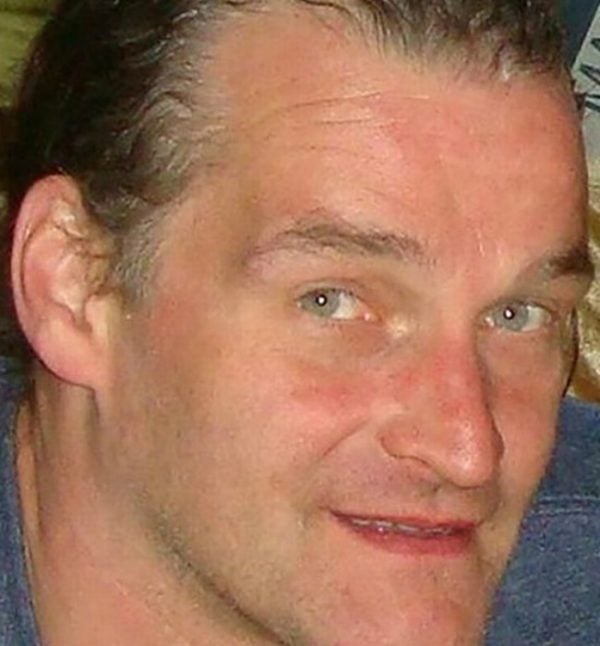At around lunchtime on 28 August 2014, 14-year-old Alice Gross left her family home in Hanwell in the UK, telling her mum, Rosalind, she would be home by 6pm.
When Alice never arrived, Rosalind was quick to report her missing. Alice suffered from anorexia and was particularly vulnerable at the time. Believing her mental health was the reason behind her disappearance, her mum wasted no time in raising the alarm.
Despite her recent struggles, Alice was described by friends as “spirited” and “full of promise” according to Sky News.
Alice’s family made an emotional appeal for her to get in touch, saying they ‘desperately missed her’. Meanwhile, police tried to build a picture of Alice’s last known movements. CCTV footage had captured her walking along the Grand Union Canal towpath towards Kew shortly after 1pm. At around 3.45pm, the cameras captured her walking back along the same path towards her home.
The final images of Alice were captured on the Trumpers Way Canal Bridge at 4.23pm. Just moments before, the grainy images showed five separate cyclists riding down the same path, the BBC reported.
While searching the area around the canal, police found Alice’s backpack – the shoes she had been wearing on the day she disappeared were inside it – but there was no sign of her iPhone, which police believed could hold key information in helping to find her.
Distraught, Alice’s family renewed their appeal for her to come home.
“We’d like to say to Alice first of all that we miss her, that we love her and that she’s not in any trouble, and we want to know that she’s safe. We just want her to come home,” her mum said.

